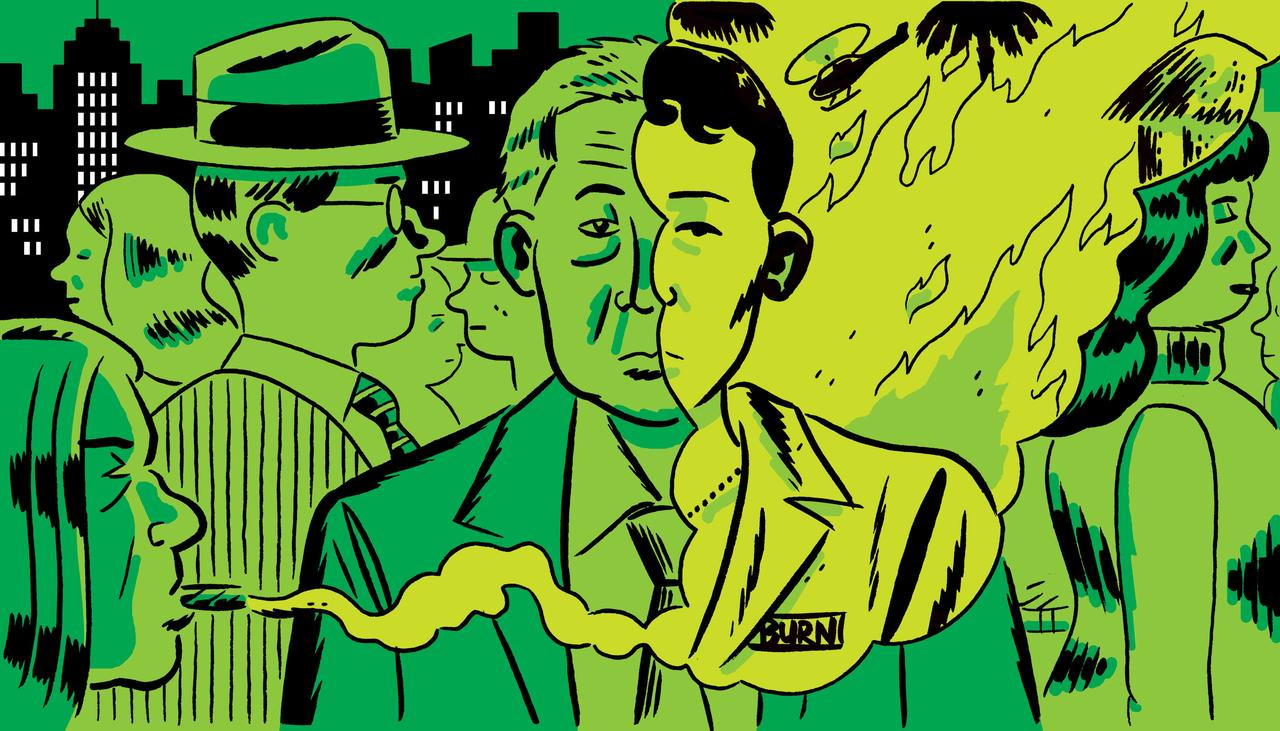The Soldier Who Needed 'Nam
After returning from war with a minefield of memories and a lifelong case of PTSD, Don Blackburn never again found peace—until he made Vietnam home.
It’s 1968 and Don Blackburn is watching the night battle from a stilt house on Cam Ranh Bay in South Vietnam. Ten miles away in the dark jungle mountains, American aircraft exchange fire with the Viet Cong. A helicopter drops flares, lighting up the sky in a ghostly yellow glow. Next comes a stream of red tracer fire. Bombs flash and rumble. The light show would be beautiful, if it were not war.
As a private in the U.S. Army, Blackburn knows something of the power of weapons. He spends his days unloading bombs of every shape and size from the ships that dock in the bay. He got the assignment after refusing to carry a gun in the infantry—when he was drafted at the age of twenty, he thought he could serve his country and still keep the moral integrity he treasures as an avowed pacifist. But he soon realized he was inflicting more damage working with bombs that could destroy entire villages than he had ever done on his missions in the countryside.
Keep reading with a 7-day free trial
Subscribe to Narratively to keep reading this post and get 7 days of free access to the full post archives.




